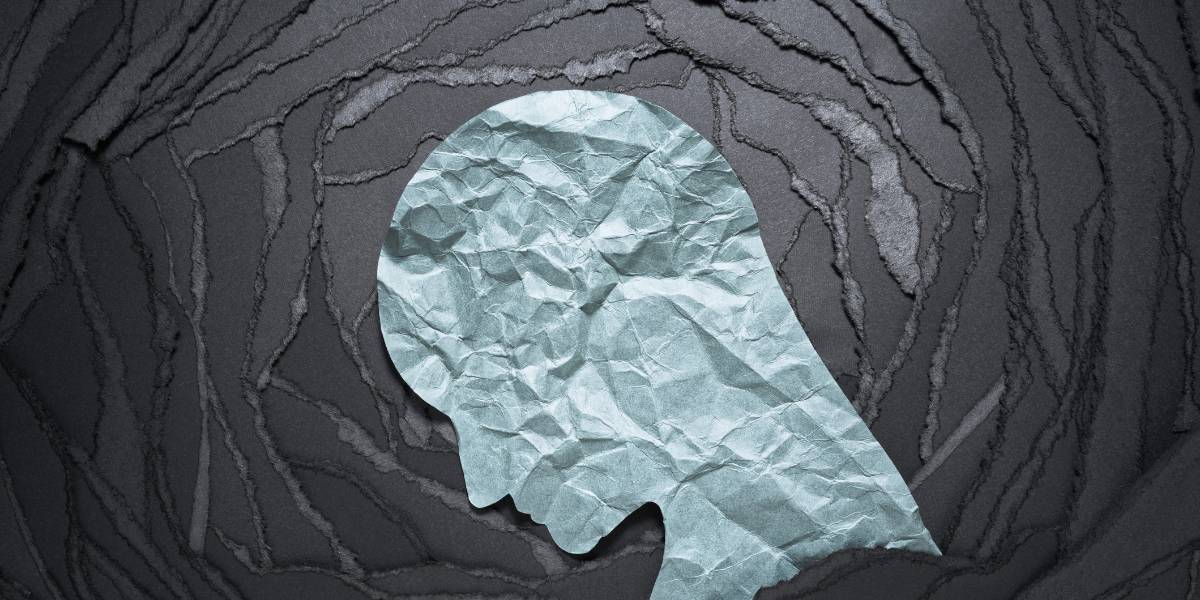Every summer, hundreds of thousands of people attend one of the many music festivals that take place across the UK.
A lot of people with diabetes put off festivals or other weekend-long events because of the hassle involved in trying to find somewhere private to take an insulin shot, or carrying enough insulin and other diabetes supplies to last a whole weekend.
However, having diabetes shouldn’t stop you from doing the things you enjoy, and this includes going with your friends to watch your favourite band or singer.
To ensure you have a good time without putting yourself at risk of hypoglycemia or hyperglycemia whilst away from homen, you should take the following measures:
Pack your insulin & diabetes equipment
As a diabetic, it is important you remember to take your necessary diabetes equipment and supplies. This may include:
- Insulin delivery device (this could be your pe, pump, syringe or inhaler)
- Blood glucose monitor
- Glucose tablets
- Snacks
- As well as spares of everything with you on your outing
Inform your friends
Make sure your friends and others in your group are aware of your condition, the risks attached (i.e. hypos) and who to contact/what to do in an emergency. When travelling, it’s also a good idea to carry some form of medical identification in your wallet, purse or pocket.
- Check out the Diabetes ID products in our Diabetes Shop
Create an insulin reminder
If you’re going to be spending the day or weekend out and about, it’s often a good idea to put a reminder on your mobile to let you know when you’re next insulin dose is due.
You should also consider taking and wearing a bum bag or combat bottoms as you may need to keep your insulin, medication and hypo-treating supplies on you at all times, especially if your tent is far away from the main areas or stages.
Get a letter from your GP
Ask your doctor for a letter that confirms your diabetic condition and need to carry needles/syringes, as some venues will require this before allowing you to enter. Some festivals don’t allow food to be taken i, so you could also ask for the letter to state your need to carry food on you at all times.
Add emergency contacts to your phone
Before going away, it’s always a good idea to add the number of one of your festival-attending friends and someone at home to your mobile phone contacts list under ‘ICE’, which stands for ‘In Case of Emergency’.
ICE is used by paramedics, police and other emergency service staff in situations where the person they are tending to is unable to tell them who to contact.
Take suitable footwear
As you will be on your feet most of the time, make sure the shoes you wear or take with you for festival wear are comfortable, supportive and thick-soled – this is particularly important if the festival grounds are muddy and rain is expected.
Also, try and take a spare pair of shoes or wellies along.
Good foot care is a must for people with neuropathy (nerve damage) in their feet. If you have this condition, make sure you check your feet every day for signs of ulcers.
If your feet get wet, make sure you dry them thoroughly and put on some dry socks and shoes.
What to do when you arrive
When you reach your festival destinatio, the first things you should do are:
- Text or call your parents to tell them you’ve arrived safely and are ok
- Work out where the first aid tents or medical centres are located and, if possible, try and to camp near one
- Make your tent noticeable – e.g. tie a piece of cloth to it or use a flag
- If possible, write down the tent co-ordinates or store them on your mobile phone
- Identify a festival meeting spot with your friends in the event you get lost or separated from the rest of your party
- Find somewhere clean to inject your insulin – some festivals have family areas that usually include spacious washrooms. There may be a small access charge but it will be worth it if it means avoiding the dirty portable toilets to administer your insulin.
Festival do’s and don’ts
There are a few things you should and shouldn’t do when you reach your festival.
Firstly, the do’s:
- Carry some kind of diabetes identification
- Check your blood glucose levels regularly
- Drink plenty of water and non-sugary drinks throughout the day to keep you well hydrated
- Stick to your daily insulin plan but consider lowering your insulin dose if the weather is really hot or you’re very active
- Keep carbohydrate-rich snacks on you and something to treat a hypo – e.g. glucose tabs
- Eat a balanced meal before drinking any alcohol and try and remember to have a carbohydrate-based snack afterwards
- Stick to the recommended limits for alcohol – two units per day for women, three units for men
- Eat a snack before going to sleep
- Keep your feet covered at all times
- Be prepared for festival romance – keep condoms with you!
Festival dont’s
Try to avoid the following:
Heavy drinking
You and your friends will probably be tempted to get drunk as soon as you arrive at the festival. However, it is important to remember that alcohol slows down the release of liver glucose and thus lowers the body’s blood glucose levels – putting you at increased risk of hypoglycemia.
Alcohol also dehydrates and, when combined with hot weather, can put you at greater risk of suffering heat stroke.
- For more information read our guide on Diabetes and Alcohol
Recreational drugs
Illegal drugs are very common at music festivals, but while you might be tempted you should keep in mind that getting high will hinder your blood glucose control and could also make you forget your insulin/medication doses.
If you decide to smoke cannabis or take an ecstasy pill, make sure you’re not alone and let one of your mates know what you are doing.
- For more information check out our section on Recreational Drugs and Diabetes
Tattoos and body piercing
Getting a tattoo or body piercing isn’t usually a major issue for people with diabetes as long as their condition is well controlled. If your blood sugar or insulin levels are not under control, your tattooed or pierced body part may start to bleed excessively or become infected.
If you decide that you’re festival experience wont be complete without a body piercing or tattoo, make sure the tattooist/body piercer is licensed and aware of your diabetes.
- See our guide on Body Piercing for more information
Foot care
After a long period of walking, try and give your feet a rest. If they’re wet give them some air, let them dry out and then put on a fresh pair of socks and shoes. One thing you shouldn’t do is walk around in bare feet, even if the weather is really hot.
Your tent area, as well as the rest of the festival grounds, is likely to be littered with food, cans, glass and even needles, so it’s best to keep your feet covered and protected.
- For more information take a look at our guide on Diabetes and Foot Care
What to do in an emergency
If any problems relating to your diabetes or other health conditions arise, the first thing you should do is inform your friends of your condition and visit the nearest festival medical centre or first aid tent.
If you are unable to walk, get your friends to do this or tell them to find a festival steward, security staff or police officer as they will be able to summon further assistance and help paramedics get you to, or vice versa.
Remember, calling 999 from your mobile phone should only be done as a last resort (i.e. if you’re alone and unable to move), and you should never attempt to make your way to a hospital as this could delay treatment.








